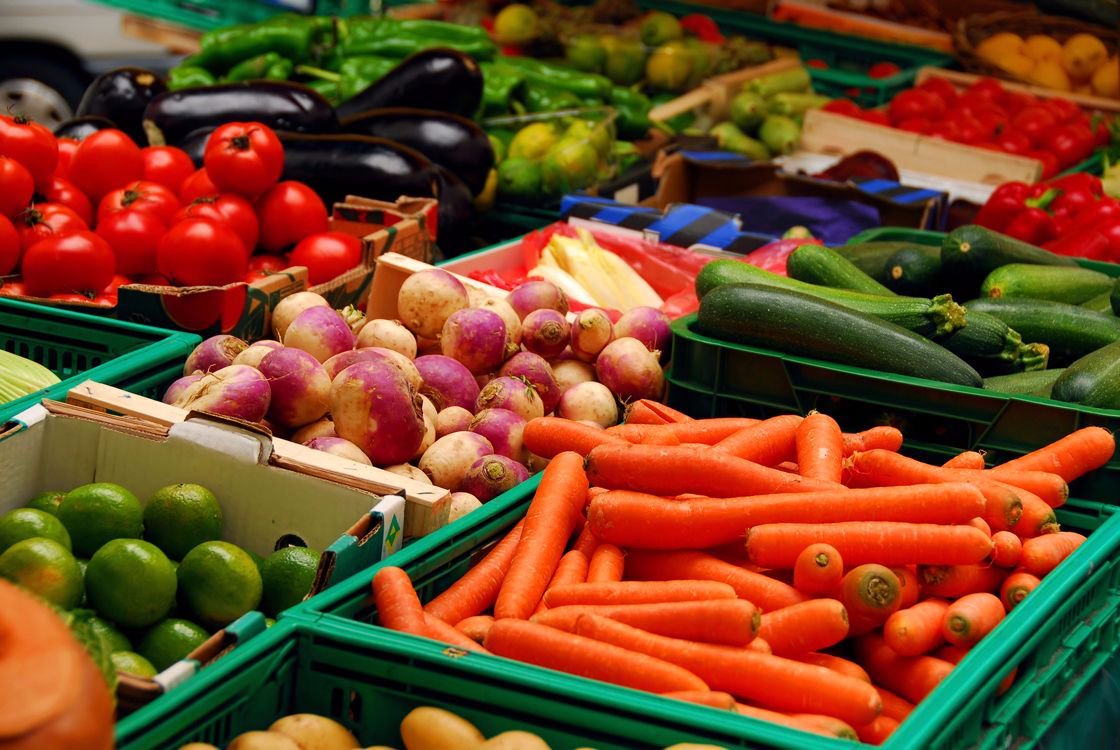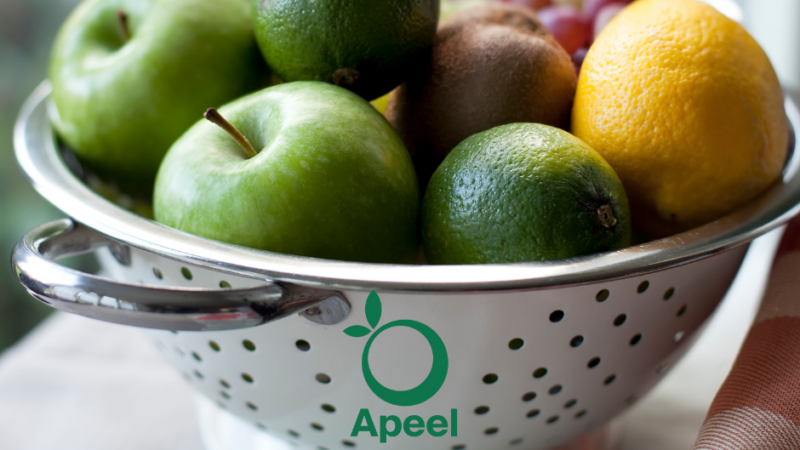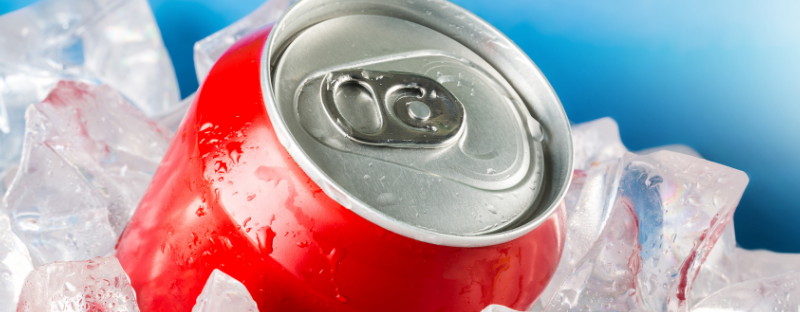Monsanto Isn’t Feeding the World—It’s Killing Our Children
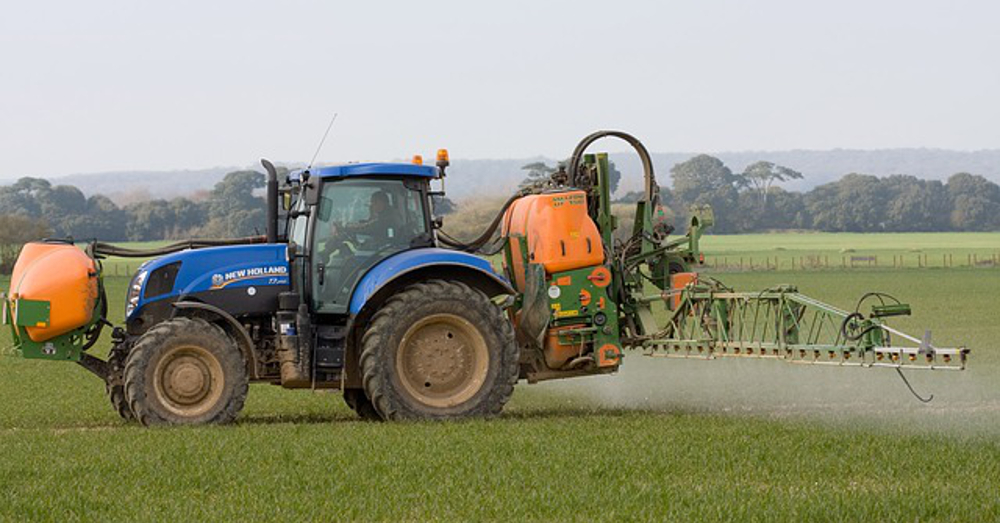
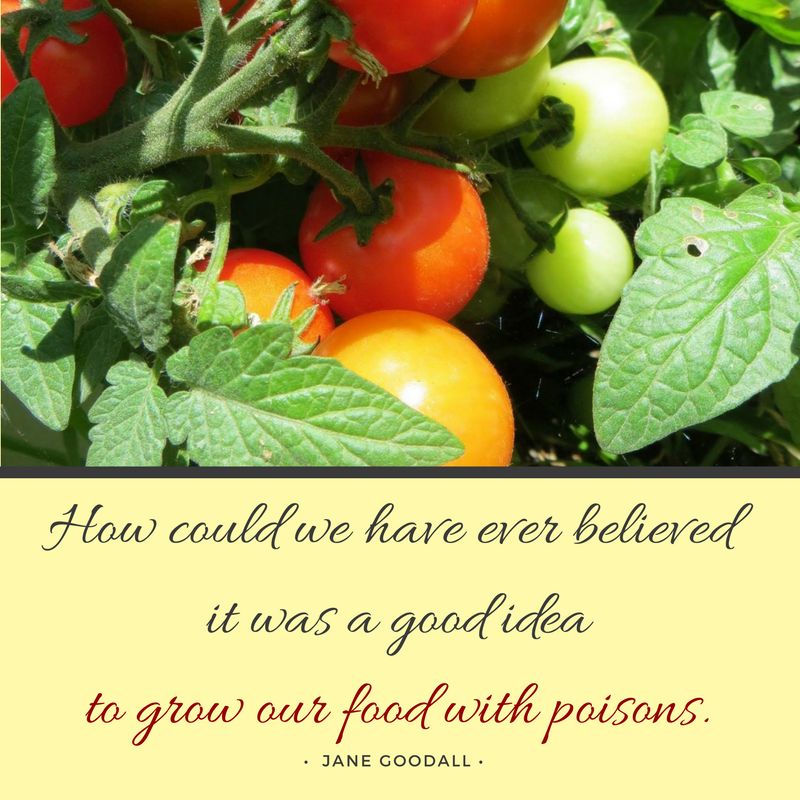
Two new reports published in recent weeks add to the already large and convincing body of evidence, accumulated over more than half a century, that agricultural pesticides and other toxic chemicals are poisoning us.
Both reports issue scathing indictments of U.S. and global regulatory systems that collude with chemical companies to hide the truth from the public, while they fill their coffers with ill-gotten profits.
According to the World Health Organization, whose report focused on a range of environmental risks, the cost of a polluted environment adds up to the deaths of 1.7 million children every year.
A report by the Special Rapporteur on the right to food, presented to the United Nations Human Rights Council, focused more narrowly on agricultural chemicals. The UN report states unequivocally that the storyline perpetuated by companies like Monsanto—the one that says we need pesticides to feed the world—is a myth. And a catastrophic one at that.
‘UN experts denounce ‘myth’ pesticides are necessary to feed the world’
The headline in the Guardian’s story on the report delivered this week to the UN Human Rights Council said it all.
From the Guardian:
A new report, being presented to the UN human rights council on Wednesday, is severely critical of the global corporations that manufacture pesticides, accusing them of the “systematic denial of harms”, “aggressive, unethical marketing tactics” and heavy lobbying of governments which has “obstructed reforms and paralysed global pesticide restrictions.”
The report says pesticides have “catastrophic impacts on the environment, human health and society as a whole”, including an estimated 200,000 deaths a year from acute poisoning. Its authors said: “It is time to create a global process to transition toward safer and healthier food and agricultural production.”
The UN report was authored by Hilal Elver, special rapporteur on the right to food, and Baskut Tuncak, special rapporteur on toxics. The report stated that chronic exposure to pesticides has been linked to cancer, Alzheimer’s and Parkinson’s diseases, hormone disruption, developmental disorders and sterility. It said the populations most at risk are farmers and agricultural workers, communities living near plantations, indigenous communities and pregnant women and children, who are especially vulnerable to pesticide exposure and require special protections.
The Crop Protection Association, a lobbying group representing the $50-billion agri-chemical industry, fired back at the report with its standard false claim that pesticides “play a key role in ensuring we have access to a healthy, safe, affordable and reliable food supply.” But Elver told the Guardian:
“It is a myth. Using more pesticides is nothing to do with getting rid of hunger. According to the UN Food and Agriculture Organisation (FAO), we are able to feed 9 billion people today. Production is definitely increasing, but the problem is poverty, inequality and distribution.”
There’s food LOT’s Of It!
Sustainable Pulse also reported on the story, noting that the report warns that some pesticides can persist in the environment for decades:
The excessive use of pesticides contaminates soil and water sources, causing loss of biodiversity, destroying the natural enemies of pests, and reducing the nutritional value of food. The impact of such overuse also imposes staggering costs on national economies around the world.
The UN report, which mentioned (page 15, no 68) the efforts of the Monsanto Tribunal to raise global awareness about the dangers of pesticides, included a long list of recommendations for moving away from chemical-based agriculture. At the top of the list was a call out to the international community to work on a comprehensive, binding treaty to regulate hazardous pesticides throughout their life cycle, taking into account human rights principles. Such a treaty should:
• Aim to remove existing double standards among countries that are particularly detrimental to countries with weaker regulatory systems
• Generate policies to reduce pesticide use worldwide and develop a framework for the banning and phasing-out of highly hazardous pesticides
• Promote agroecology
• Place strict liability on pesticide producers.
‘Exposure to pollution kills millions of children, WHO reports find’
In a March 5 story, the Washington Post reported on two World Health Organization (WHO) reports how exposure to polluted environments is linked to more than one in four deaths among children under the age of five.
Worldwide, 1.7 million children’s deaths are attributable to environmental hazards, such as exposure to contaminated water, indoor and outdoor pollution, and other unsanitary conditions, the reports found.
Weaker immune systems make children’s health more vulnerable to harmful effects of polluted environments, the report says.
According to the WHO reports, which focused on a wide range of chemicals, including those found in food, electronics, contaminated water supplies, second-hand tobacco smoke, and others, one-fourth of all children’s deaths and diseases in 2012 could have been prevented by reducing environmental risks.

